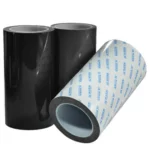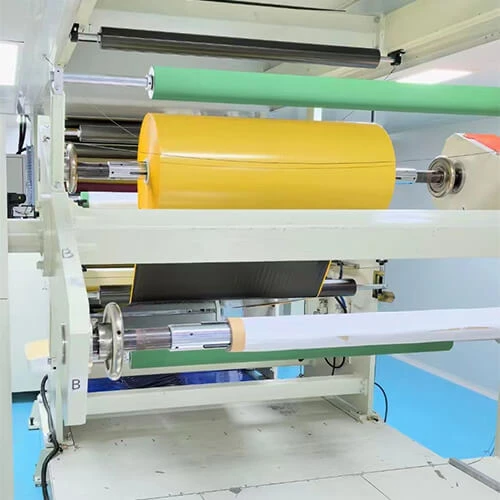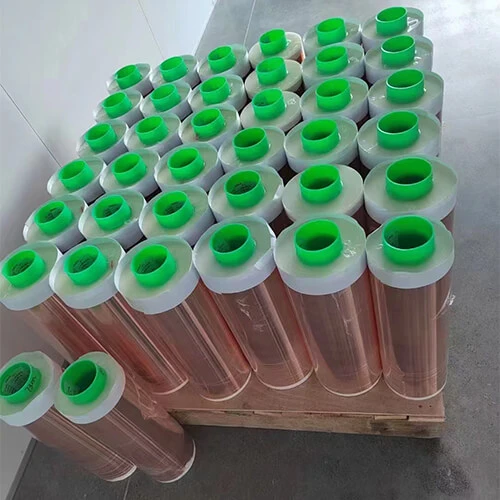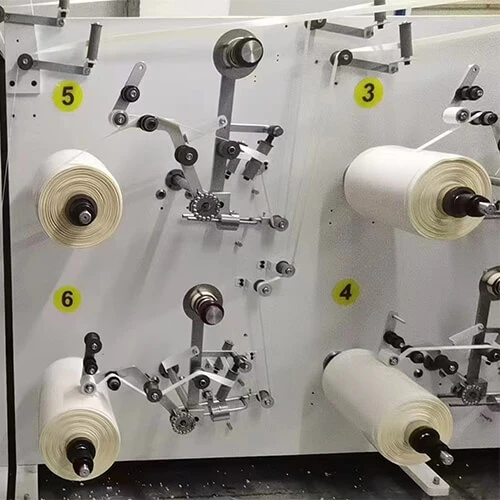
Waterproof Foam Tape

Medical Tape
Recently, the case of a Shanghai girl named Shabai, who has suffered from lupus for more than 20 years and was accompanied by her father to undergo assisted dying in Switzerland, has sparked widespread discussion.
Shabai’s story raises significant questions about personal autonomy and the consequences of one’s choices, especially regarding health and treatment compliance. Her refusal to adhere to medical advice—driven by a desire to maintain her appearance and freedom—reflects a bold yet ultimately tragic pursuit of a life lived on her own terms.
Without experiencing her situation, it’s hard to pass judgment. Today, I want to highlight the importance of process management.
Lupus, specifically systemic lupus erythematosus (SLE), is a chronic autoimmune disease in which the immune system mistakenly attacks healthy tissues and organs. This can lead to inflammation and damage in various parts of the body, including the skin, joints, kidneys, heart, lungs, and brain.
While there is no cure for lupus, treatments aim to manage symptoms and minimize flare-ups. Common treatments include anti-inflammatory medications, corticosteroids, and immunosuppressive drugs. Lifestyle changes, such as sun protection and a balanced diet, can also be beneficial.
With proper treatment and management, many individuals with lupus can lead active and fulfilling lives. However, if not managed effectively, the disease can lead to serious complications, particularly involving the kidneys, heart, and central nervous system.
In manufacturing, the importance of following processes cannot be overstated. Strict adherence to equipment operation manuals is essential to ensure safe and effective operation. Each machine is designed with specific guidelines to optimize performance and prevent malfunctions, which can lead to costly downtime and safety hazards.
Setting the correct production parameters is also crucial. These parameters dictate the quality and consistency of the final product. Deviating from established settings in an attempt to speed up production can result in subpar products, leading to waste and potential damage to the brand’s reputation.
Quality control must be an integral part of the manufacturing process. Regular inspections and testing ensure that products meet specified standards and function as intended. Skipping these critical steps for the sake of expediency can compromise quality, leading to returns, customer dissatisfaction, and increased costs.
In summary, prioritizing process adherence, proper parameter settings, and thorough quality checks is vital for achieving high-quality production. A focus on quality over speed enhances product integrity and fosters long-term success and customer trust.
At TIANYI, we prioritize quality and innovation to meet our customers’ needs, offering reliable and affordable products, and aiming to be a leading adhesive and tape supplier.







